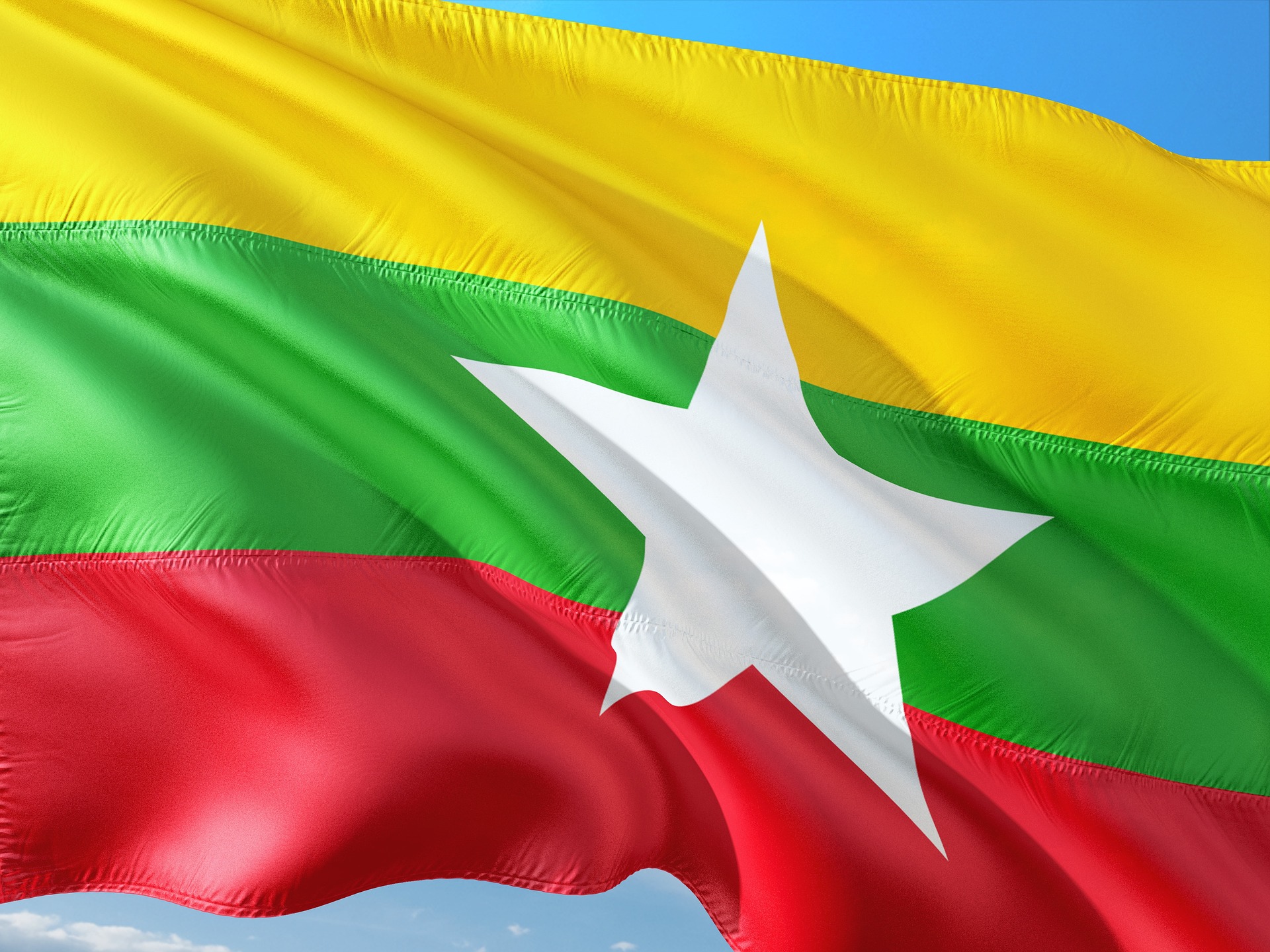(Bangkok, 5 November 2020) ‒ Myanmar’s election process perpetuates existing systematic and structural inequalities and discrimination, said the Asian Forum for Human Rights and Development (FORUM-ASIA) ahead of the country’s general elections scheduled on 8 November.
‘Myanmar’s elections have been characterised by the continued disenfranchisement of its ethnic minority groups, particularly the Rohingya, and the use of the country’s repressive laws to persecute opposition supporters, journalists and human rights defenders. The exclusion of the most vulnerable groups and the continuous assault against civic space only raises questions on the credibility of these elections,’ said FORUM-ASIA Executive Director, Shamini Darshni Kaliemuthu.
Myanmar’s laws and policies have reinforced a system of exclusion and discrimination, and have been used as tools for reprisals. The 1982 Citizenship Law deprived the Rohingya of citizenship, effectively denying them of the right to participate in the coming elections. In October 2020, the Union Electoral Commission cancelled voting in 56 townships, citing military conflict. A significant fraction of these townships are populated by ethnic minorities.[1]
Under the country’s Penal Code and other laws, activists, human rights defenders, and critics have continued to face harassment and intimidation. Access to information, crucial at any period and particularly in the lead-up to the elections remains largely limited as eight townships remain under a long-standing internet ban.
The government has also used the COVID-19 pandemic to prevent journalists from reporting crucial information related to the elections.[2] Opposition candidates have alleged a lack of access to state media.[3] The months leading to the elections have further been marred by the proliferation of hate speech and disinformation against the Rohingya and Muslims on social media platforms such as Facebook.[4]
‘The government has the obligation to put in place necessary mechanisms to ensure free and fair elections, with proper health mitigation strategies in the midst of the COVID-19 pandemic. The government cannot continue to limit people’s right to vote, and to further deprive minority groups of their right to be a part of the country’s future,’ said Shamini.
Myanmar is currently facing a genocide lawsuit at the International Court of Justice (ICJ) for military clearance operations in 2017 that killed thousands of Rohingya and displaced at least 700,000. In January 2020, the ICJ ordered Myanmar to put in place measures to protect the Rohingya – a ruling that Myanmar rejected.[5]
Civil society groups, including FORUM-ASIA, have continued to highlight that genocide against Rohingya has continued. A compromised election process only risks reinforcing impunity against the Rohingya and other ethnic minorities.
The government should prove that it will stand for all in Myanmar, including its minority groups. It should further commit towards ensuring accountability for the genocide and other crimes against humanity against ethnic minorities. The Myanmar government should also take steps to address systemic discrimination in the country, including in its laws and policies which have continued to be used to stifle criticism.
‘When Myanmar underwent a democratic transition in 2010, there was much hope that civic space was opening up for everyone. These coming elections have so far shown, that for many groups such as the ethnic minorities, human rights defenders and critics, the promise of democracy has remained largely unrealised,’ said Shamini.
For further information, please contact:
- East Asia and ASEAN Programme, FORUM-ASIA, [email protected]
For media inquiries, please contact:
- Melissa Ananthraj, Communication and Media Programme, FORUM-ASIA, [email protected]
[1] https://www.rfa.org/english/news/myanmar/election-cancellations-10202020102616.html
[2] https://www.voanews.com/east-asia-pacific/un-says-myanmars-discriminatory-laws-cast-doubt-fairness-elections
[3] https://news.un.org/en/story/2020/11/1076732
[4] http://l.forum-asia.org/hatespeech_myanmar
[5] https://www.bbc.com/news/world-asia-51229796
***
For a PDF version of this press release, click here




